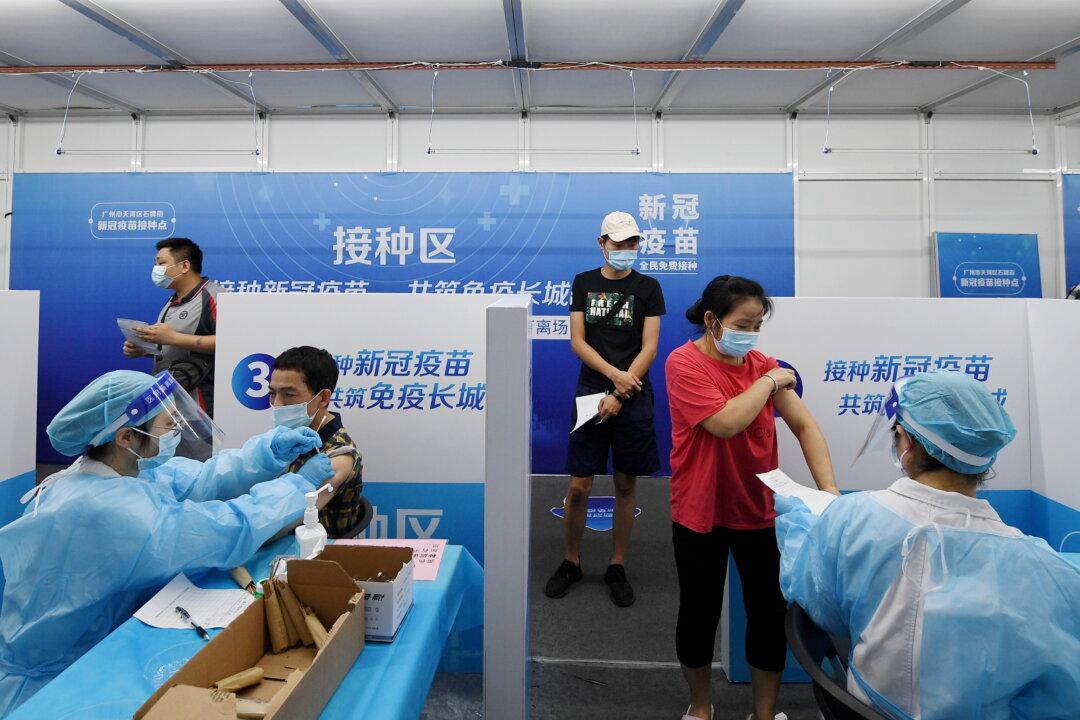Italy has joined a growing list of countries casting doubt on Chinese-made COVID-19 vaccines.
Italian Prime Minister Mario Draghi told reporters at the end of a European Union summit on June 22: “The Chinese vaccine ... has shown itself not to be adequate. You can see that from Chile’s experience of tackling the epidemic.”




